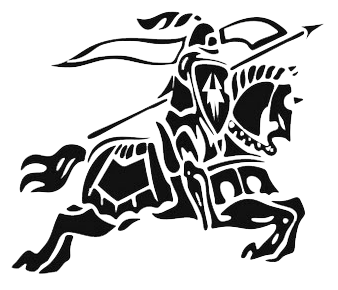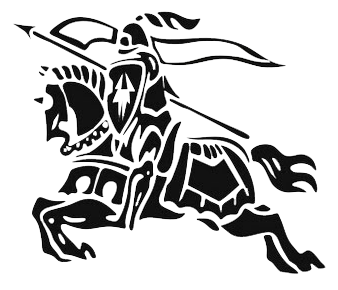Health testing 
We test all of our cats for the following:
FeLV is a retrovirus, so named because of the way it behaves within infected cells. All retroviruses, including FIV and HIV, produce an enzyme, reverse transcriptase, which permits them to insert copies of their own genetic material into that of the cells they have infected. The virus is shed in very high quantities in saliva and nasal secretions, but also in urine, feces, and milk from infected cats. Cat-to-cat transfer of virus may occur from a bite wound, during mutual grooming, and (though rarely) through the shared use of litter boxes and feeding dishes. Transmission can also take place from an infected mother cat to her kittens, either before they are born or while they are nursing. FeLV affects the cat’s body in many ways. It is the most common cause of cancer in cats, it may cause various blood disorders, and it may lead to a state of immune deficiency that hinders the cat’s ability to protect itself against other infections. With appropriate care and under ideal conditions, infected cats can remain in apparent good health for many months, although most succumb to a FeLV-related disease within two or three years after becoming infected.
FIV is a retrovirus in the same family as the human AIDS virus, as well as FeLV, but the viruses differ in many ways including their shape. FIV is elongated, while FeLV is more circular. The primary mode of transmission of FIV is through bite wounds. Another, less common means of transmission is from the mother cat (Queen) to her kittens during gestation, during birth, or by nursing. It is important to realize that a positive test for FIV is not a mandatory death sentence. Infected cats may appear normal for years. However, infection eventually leads to a state of immune deficiency that hinders the cat’s ability to protect itself against other infections. The same bacteria, viruses, protozoa, and fungi that may be found in the everyday environment–where they usually do not affect healthy animals–can cause severe illness in those with weakened immune systems. These secondary infections are responsible for many of the diseases associated with FIV. With a high protein diet and aggressive treatment of secondary infections, an FIV-positive cat can lead a reasonably normal life span.
Explaining HCM The thickening of the heart muscle causes the muscle itself to function abnormally. The thickening also can cause the ventricles to become distorted, which can interfere with the function of the aortic valve and the mitral valve, which regulate blood flow. HCM is caused by a genetic abnormality that produces a disorder in the growth of the heart muscle fibers. In some families, HCM is passed on as an “autosomal dominant” trait, which means that if the gene for HCM is inherited from a single parent, the offspring will have the disease. However, in almost half the patients with HCM, the genetic problem is not inherited at all, but occurs as a spontaneous mutation – in which case, parents and siblings of the animal will not be at risk for this condition (but offspring of the patient can be). Unfortunately, HCM caused by other genes or means can still develop.
All of our active Studs are clear of the SMA gene! SMA stands for Spinal Muscular Atrophy. Both parents have to carry this gene to have an affected offspring. Our studs being clear means we will not have a kitten affected with SMA. We are also in the process of testing our girls .
Health Screening/Testing Protocol
Our cattery has been screened, and we continue to test all incoming cats for Feline Leukemia [FeLV], Feline Immunodeficiency Virus [FIV], and Tritrichomonas [TF]. Our cats have been screened for Tritrichomonas using the PCR (polymerase chain reaction) test, a sophisticated test that can detect the presence of the genetic material of the organism. This is an extremely sensitive test that does not produce false negative results which are commonly found when using the Pouchtm TF test. The PCR test must be done by a qualified professional, unlike the Pouchtm TF test, and since we prefer to have the most accurate results possible, we have had the tests professionally administered. We also screen all breeding age cats for Hypertrophic Cardiomyopathy [HCM] and any other heart problems.While we do realize that a cat may test negative for HCM today and can still be a victim of the decease we will continue to use the means we have available now, while we wait for the genetic markers to be found. We test for dysplasia as well, however we wait for the time when a cat needs to be put under anesthetics for dental work or other needs and then we do the test.
If you have any questions regarding Maine coon health please don’t hesitate to email us at info@ironclaws.com
|